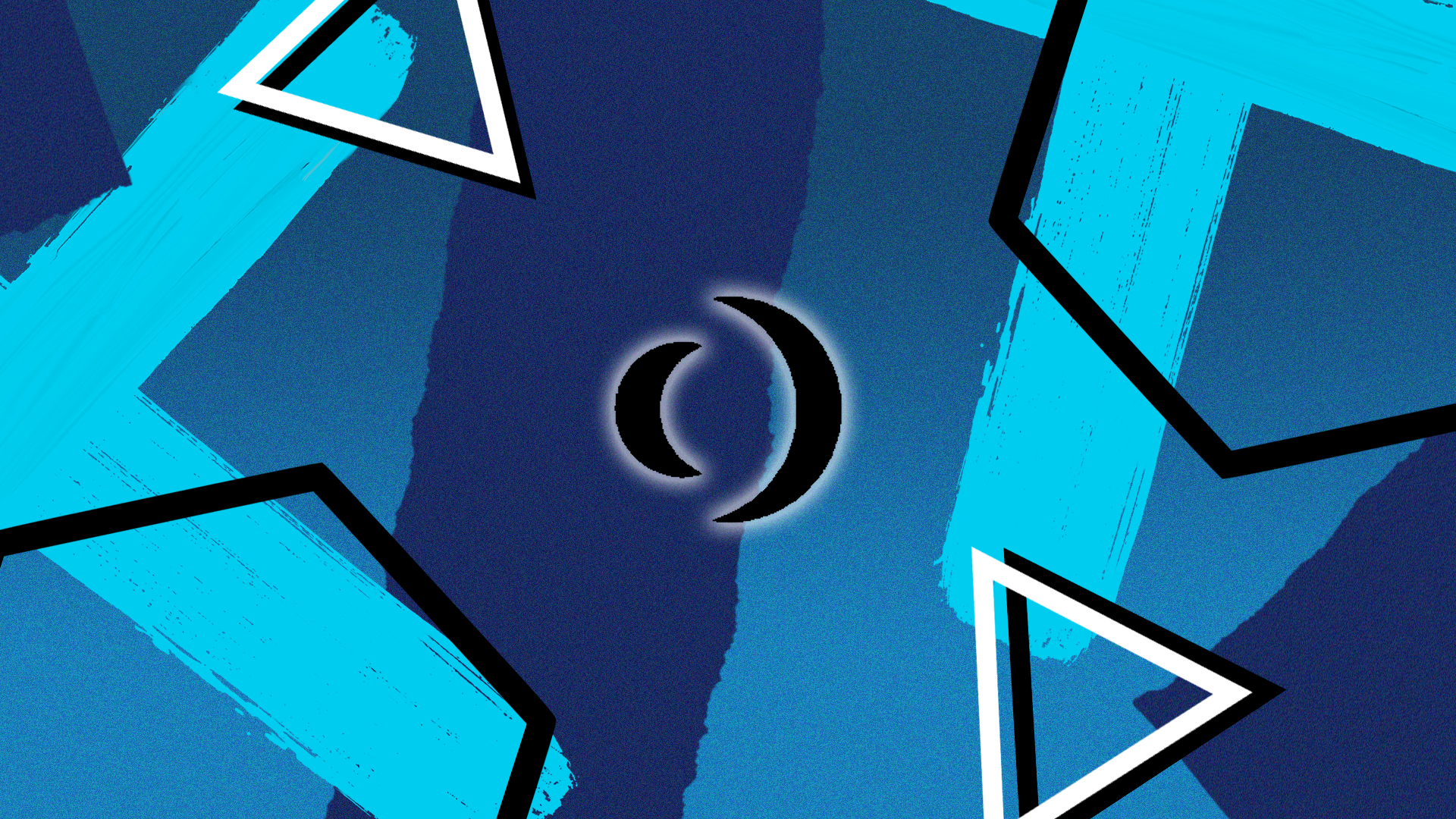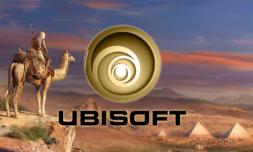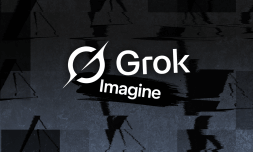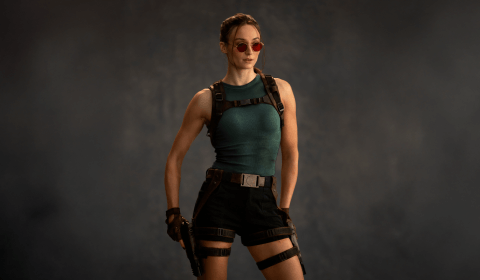Based on the outpouring of women’s stories this week, it’s clear the gaming industry has a deep rooted problem with sexism and harassment. Change is desperately needed.
Insomniac Games is the latest games developer to face new sexual assault and harassment allegations this week.
Former employee Sol Brennan tweeted that he left last year due to the company’s mistreatment of women. He states that Edgar Vargas, a human resource co-ordinator who no longer works at Insomniac Games, repeatedly harassed female employees and made inappropriate comments toward them. Sol also says that Edgar was eventually fired for dating a younger female intern.
I worry this will kill my career – but this has been eating at me every single day for a year now.
Last year I was so depressed – for the first time in my life I started to contemplate suicide.
I left Insomniac Games because of how they treat women.
1/??
— sol brennan (@wuffles) June 23, 2020
Over 70 women have come forward with other stories of misconduct, inappropriate behaviour, sexual assault, and rape in the last week or so, publicly outing numerous individuals that are clearly part of a widespread cultural issue within the industry.
Other men who’ve been outed and subsequently sacked include games writer Chris Avellone, Cards Against Humanity co-founder Max Temkin, and Watch Dogs brand marketer Andrien Gbinigie. There are too many to mention by name in this article, but if you do want to know exactly who has said what throughout the past few weeks, then it’s worth looking through this spreadsheet of every allegation and story that’s been posted on Twitter.
Inevitable sackings, internal employee shifts, and Twitter apologies have followed, with Insomniac Games assuring fans that ‘necessary steps’ have been taken to address these new allegations. Unfortunately this is all feels like too little too late. As each new streamer or developer suddenly decides to acknowledge that they were ‘in the wrong’ for harassing colleagues now that it’s all out in the open, the seriousness of misogyny and sexism in gaming becomes increasingly clearer.
We were aware of the allegations made in a former employee's tweets today and had taken numerous steps to address them. For legal and privacy reasons we will not respond to individual allegations about specific former employees. (1/2)
— Insomniac Games (@insomniacgames) June 23, 2020



















